

2017-12-01 06:30:00 Fri ET
technology social safety nets education infrastructure health insurance health care medical care medication vaccine social security pension deposit insurance
Dr Kai-Fu Lee praises China as the next epicenter of artificial intelligence, smart data analysis, and robotic automation. With prior IT careers at Apple, Microsoft, and Google, Dr Kai-Fu Lee discusses economic inequality as the primary threat of artificial intelligence in the modern era of digital technology. In a recent issue of New York Times, his op-ed article suggests that the key to success for most algorithmic machine learners is the sheer volume of smart data. Computational strength begets better smart data analysis, which then attracts more talents and funds that flow into the subsequent smarter data analysis with a larger network of active users and hot spots.
This virtuous cycle amplifies the computational strength of artificial intelligence. As both income and wealth gravitate toward the most productive use of human capital and computer equipment, economic inequality concentrates both power and money in the hands of a few elites and oligopolies such as Facebook, Apple, Microsoft, Google, and Amazon (FAMGA) in America and Baidu, Alibaba, and Tencent (BAT) in China. For this reason, we need to rethink economic inequality on a global scale.
If any of our AYA Analytica financial health memos (FHM), blog posts, ebooks, newsletters, and notifications etc, or any other form of online content curation, involves potential copyright concerns, please feel free to contact us at service@ayafintech.network so that we can remove relevant content in response to any such request within a reasonable time frame.
2023-10-28 12:29:00 Saturday ET
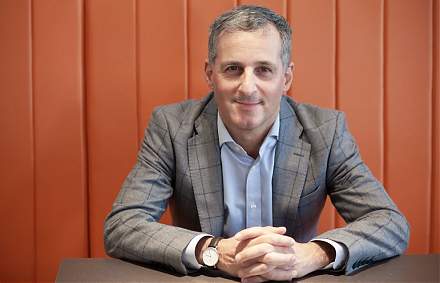
Paul Morland suggests that demographic changes lead to modern economic growth in the current world. Paul Morland (2019) The human tide: how
2018-08-13 12:39:00 Monday ET
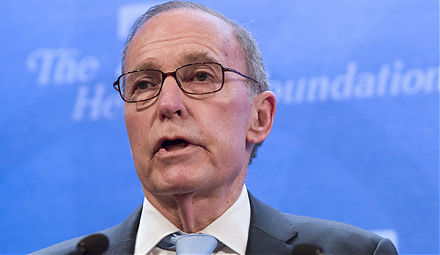
White House chief economic adviser Larry Kudlow points out that the recent U.S. dollar strength shows a clear sign of investor confidence and optimism. Gree
2023-06-21 12:32:00 Wednesday ET

Michael Sandel analyzes what money cannot buy in stark contrast to the free market ideology of capitalism. Michael Sandel (2013) What money
2019-10-27 17:37:00 Sunday ET
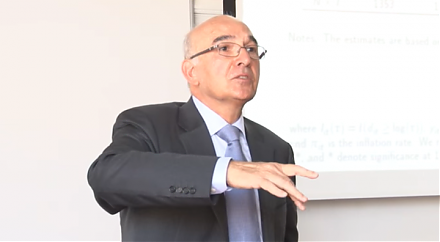
International climate change can cause an adverse impact on long-term real GDP economic growth. USC climate change economist Hashem Pesaran and his co-autho
2018-08-17 11:45:00 Friday ET
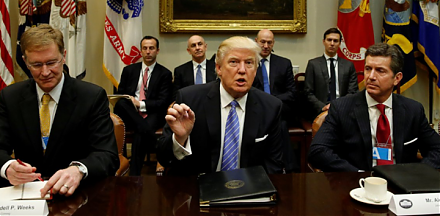
In accordance with the extant corporate disclosure rules and requirements, all U.S. public corporations have to report their balance sheets, income statemen
2026-01-19 10:30:00 Monday ET
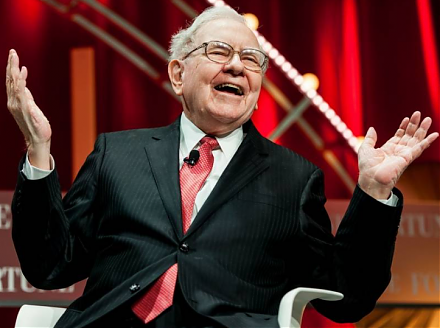
Andy Yeh Alpha (AYA) fintech network platform: major milestones, key product features, and online social media services Introduction